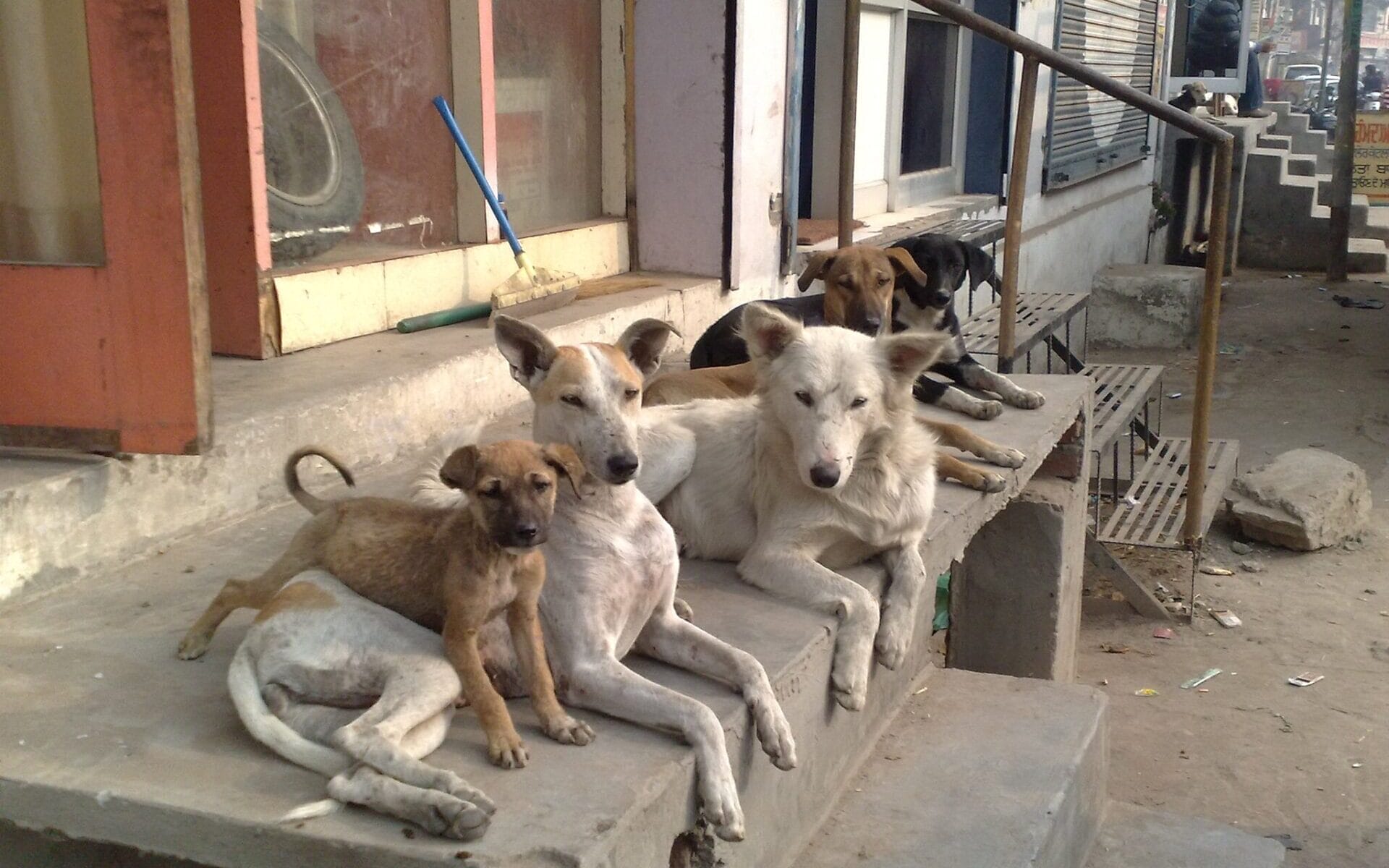Mumbai Marathon: Increased participation, tragic deaths
Tata Mumbai Marathon 2024 saw a record participation of a total of 59, 515 participants, who ran in seven different categories. Held on January 21st , the prestigious Mumbai event, witnessed senior citizens, students and activists apart from athletes, running for various civic issues and fundamental rights.
Hayle Lemin from Ethiopia defended the title while clocking a timing of two hours and seven minutes. Other winners in elite men’s category and elite women’s category were from Ethiopia as well.
However, in a tragic turn of events, two participants died during the course of the marathon and 22 people were hospitalised. Most of them complained of cramps, fatigue, dehydration and so on.
Of the two deceased, one was 74-year-old Rajendra Bora and another one was 40-year-old Suvradeep Banerjee. They were taken to the Asian Heart Institute for treatment but did not survive.
Source: The Indian Express
Mumbai youth and elections
Not limiting to Mumbai, but for the whole of Maharashtra, the state government has asked colleges to start Electoral Literacy Clubs (ELCs). This is to To encourage youth participation in the electoral process. “Aligned with the Systematic Voter Education and Electoral Participation program of the Election Commission, this initiative aims to promote awareness and active engagement among college students,” Hindustan Times reported.
Every university will have to set up ELCs in each of its affiliated colleges. With guidance from teachers, these clubs have to organise awareness initiatives such as essay competitions, elocution, debates and so on.
The colleges also have to encourage students to complete their voter registrations. The number of first time voters is quite high and ELCs can play an important role in getting students interested in various social issues and ultimately elections.
Source: Hindustan Times
Read more: Does the National Youth Policy live up to its expectation? : A discussion
Residents oppose demolition of Air India Colony
Mumbai’s Air India Colony is a famous landmark. It also was etched on the collective memory after the July 2005 floods, when it was submerged. And now it might razed to make way for commercial establishments as part of expansion of Mumbai Airport.
After the hand over of Air India to the Tatas, various changes are expected. However, one of the less expected developments from Adani-led Mumbai Inernational Airport Limited initiating demolition of the old Air India Colony. Though the buildings that were demolished were vacant and in poor condition, the residents came out in big numbers to protest against the bull dozers.
“It is really surprising the way MIAL officers and staff of Adani Airports came to our colony without any prior notice and demolished a part despite the stay from the Supreme Court,” Hindustan Times quoted Sandeep Drave, member of Air Corporation Employees’ Union as saying.
The colony has schools, a co-operative store and is spread over 184 acres, which was leased by the state government to Air India. “The land was transferred to Air India Asset Holding Company Limited (AIAHL), a government-owned special purpose vehicle set up to handle the airline’s non-core assets and settle its debt,” reported Hindustan Times.
The demolition has been stayed for now.
Source: The Hindu, Hindustan Times
Street dog census and vaccination drive in Mumbai

Since September last year the Brihanmumbai Municipal Corporation (BMC) has continued its vaccination drive for stray dogs. Mid-day reported that the BMC has vaccinated approximately 35,000 to 40, 000 street dogs. The drive is going on in the western suburbs as the cases of dog bites are high in these areas. On an average around 60,000 dog bite cases are reported in the city.
Moreover, the BMC has also started the decennial stray dog and domestic animal census, which was delayed by more than a year. “The last census in 2014 revealed the city’s stray population to be around 96,000, while officials now estimate this figure to have crossed more than 1.6 lakh,” Mid-day reported.
Source: Mid-day
Weather stations to study climate change
The Indian Institute of Technology (IIT Bombay) and Mindspace REIT are collaborating on a research project to understand and tackle climate change better. As part of that research, two weather stations have been established at the Airoli campus of Mindspace REIT.
“Mid-day reported, “It will offer real-time readings and environmental parameters. The gathered data will help predict physical risks associated with extreme weather events, including rising sea levels, shifting humidity levels, changes in wind speed, and temperature fluctuations. Researchers claim that the outcomes will also facilitate the design of buildings resilient to strong climate changes, an outcome of global warming.”
Source: Mid-day